The Future of Work in South Africa: Conversation III: The Organisation Of Workand Production
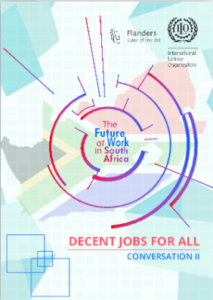 Authors: Du Toit, D., Lorgat, A. and Godfrey, S.
Authors: Du Toit, D., Lorgat, A. and Godfrey, S.
Date of Publication: 2017
The paper starts with an overview of the context of global economic and technological change,
which is likely to influence the organisation of work and production over the next two decades. It
then looks at greening of the economy as a generic driver of change and the need for flexible skills
development as well as changes in business models. Special attention is given to self-employment as
a means of delivering goods and services. Potential changes in the model of legal regulation under
the cumulative impact of these changes are considered, followed by changes in the model of social
protection to the extent that it impacts on the workplace. Finally, it is attempted to summarise the
main trends that have emerged and possible features of the workplace of the future. [View resource]




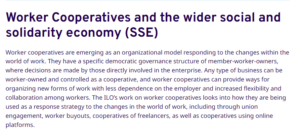 Authors: Esim S. and Katajamaki W.
Authors: Esim S. and Katajamaki W.
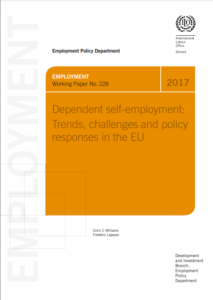 Authors: Colin C Williams Frederic Lapeyre
Authors: Colin C Williams Frederic Lapeyre
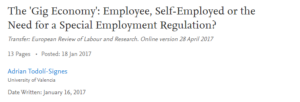 Author: Adrian Todoli Signes
Author: Adrian Todoli Signes
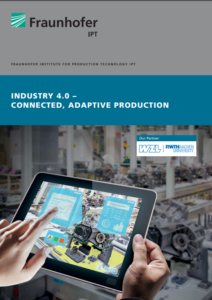

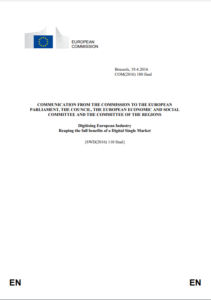 Date of Publication: 2016
Date of Publication: 2016
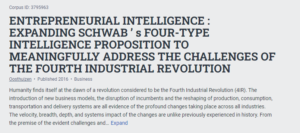 Authors: Oosthuizen J.H
Authors: Oosthuizen J.H